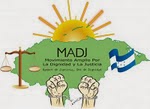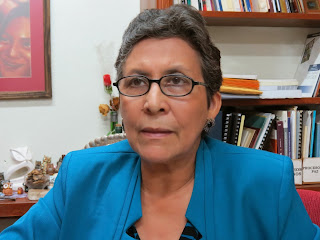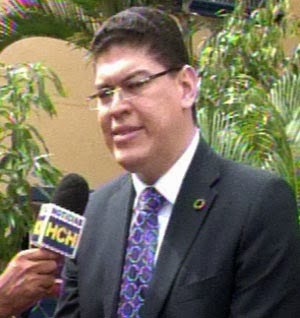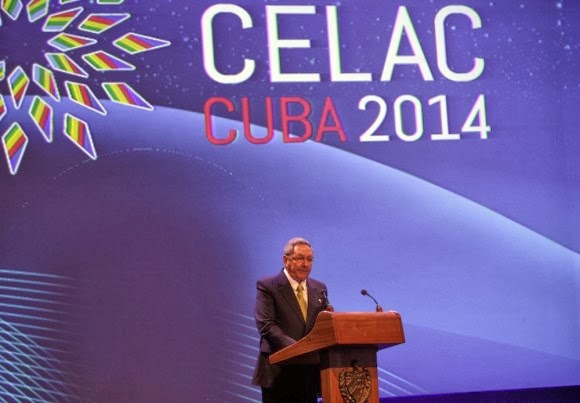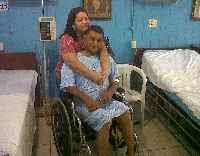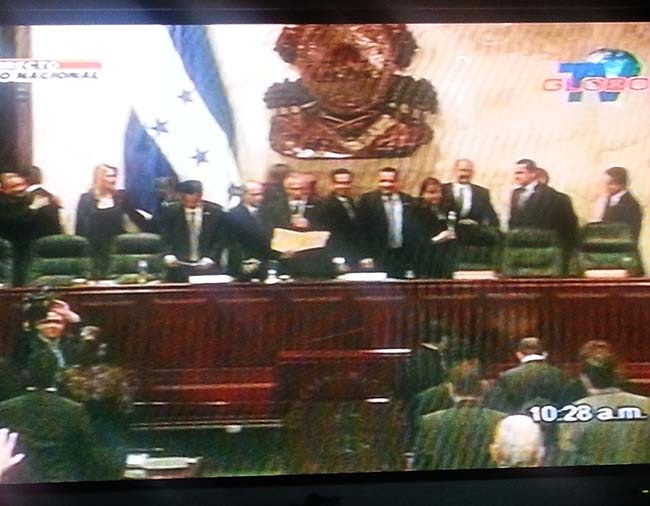Autor del articulo: Proceso Digital / 31 de Enero 2014 - 11:51
Tegucigalpa - El ex fiscal general del
Estado, Edmundo Orellana, manifestó este viernes que la junta directiva
del Instituto Hondureño de Seguridad Social (IHSS), es responsable de la
crisis que atraviesa esa institución.
“Siempre hay excusas para no asumir la
responsabilidad de los actos, la junta directiva es la que aprueba todas las cosas
financieras de una institución, aprueba el presupuesto, las licitaciones, los
contratos que se firman”, explicó.
En ese
sentido, dijo que la junta directiva también es responsable de lo que ahí paso,
“en este caso del Seguro Social es aún más grave porque la empresa privada ha
venido exigiendo que esa institución fuera dirigida por ellos y la mayoría de
los integrantes de la directiva es del sector privado, y el desastre del
instituto en base es consecuencia del sector privado y no del sector público”,
señaló.
El ex fiscal
del Estado recomendó revisar el sistema de Seguridad Social que existe en el
país.
“A mi juicio
no existe un sistema, lo que hay es un Instituto Hondureño de Seguridad Social,
por lo que el gobierno debe de revisar si es conveniente ese modelo y si sigue
funcionando o si es necesario crear un sistema que el seguro se encargue
simplemente de pagar los servicios médicos hospitalarios de los
derechohabientes”, argumentó.
Agregó que
las autoridades del Seguro Social “no se deben de hacer cargo de edificios,
sindicatos, de contratar personal, sino de establecer un sistema que cada quien
se dedique a lo suyo, en donde los hospitales públicos y privados sean
contratados por el sistema para que todo hondureño pueda llegar no importa de
dónde este y que el seguro pueda pagar”.
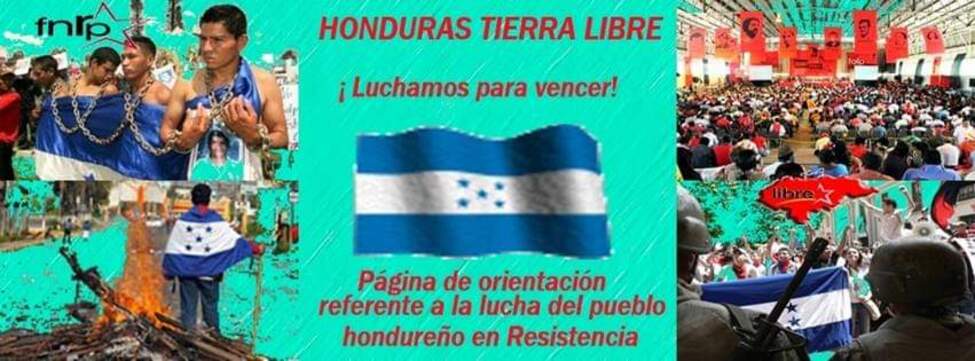
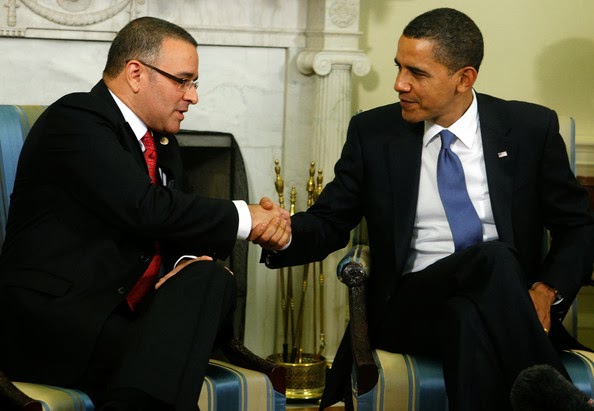

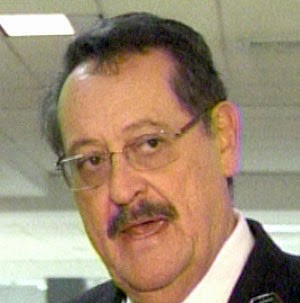

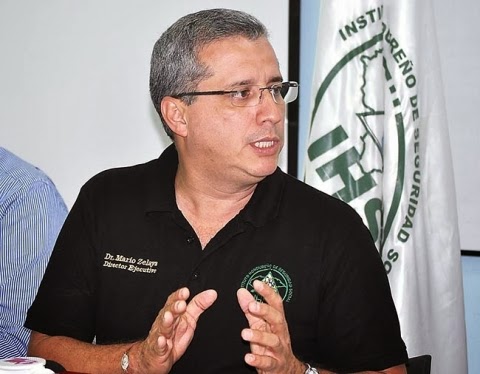
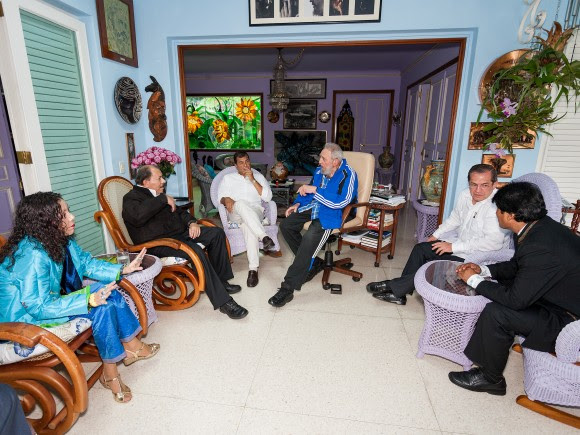
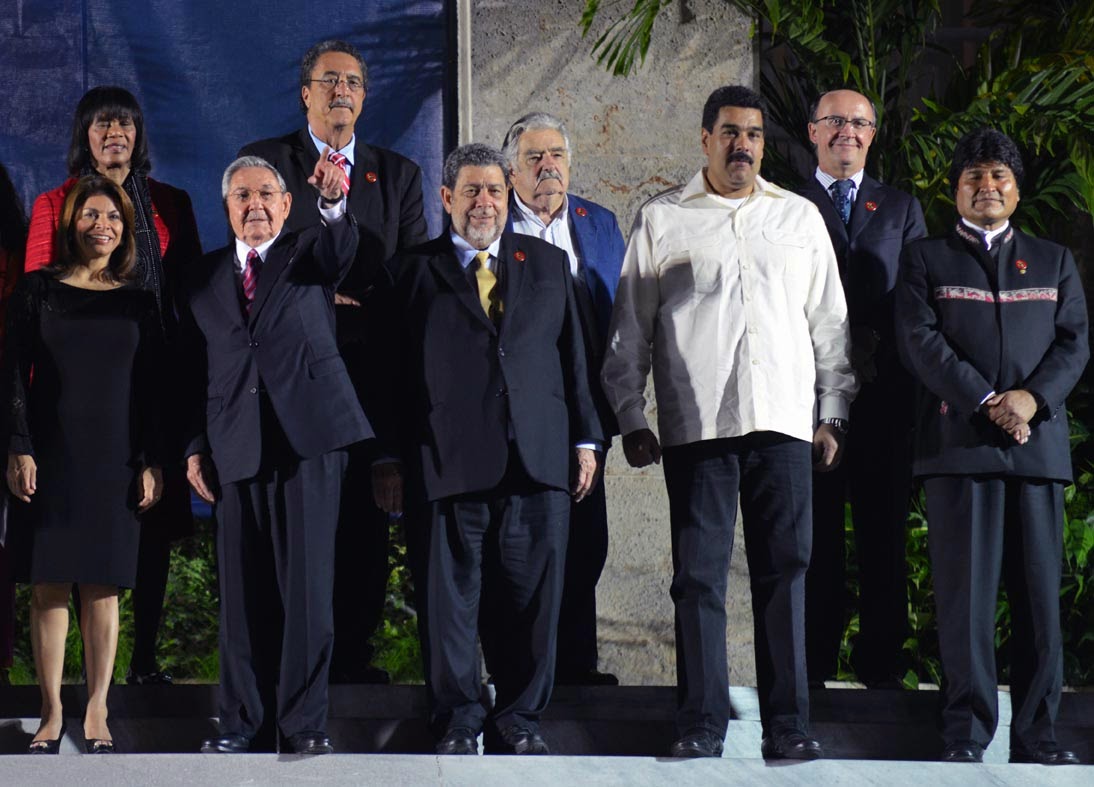
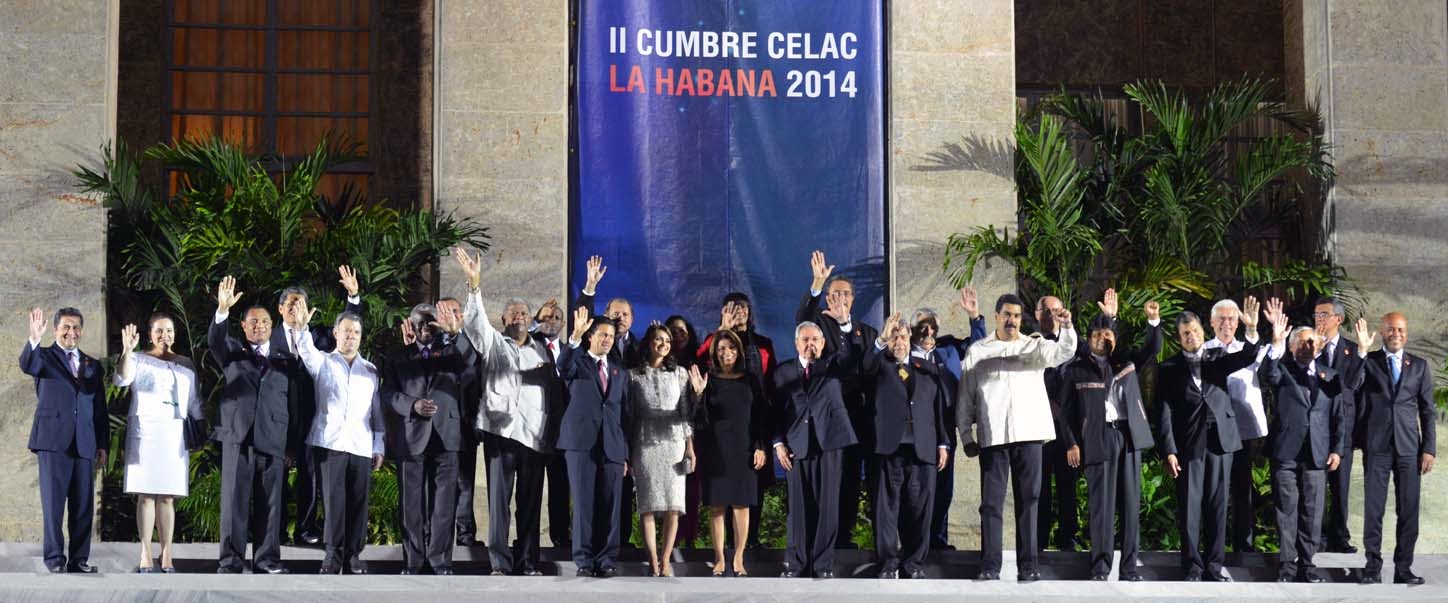
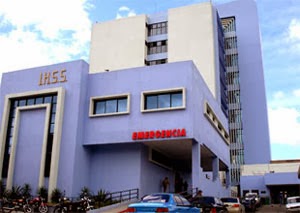
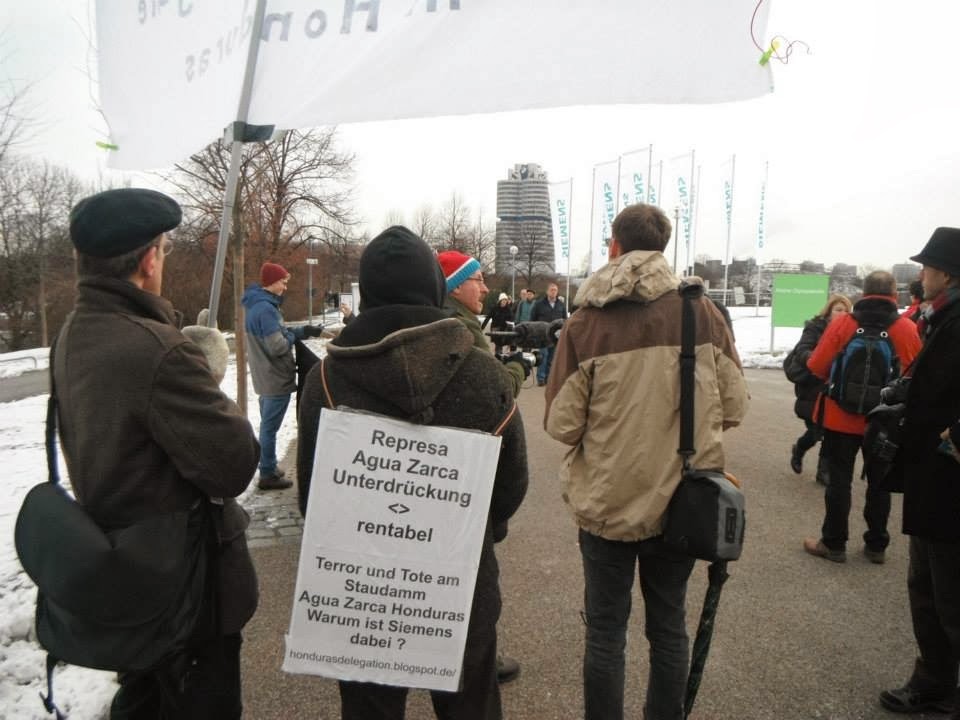
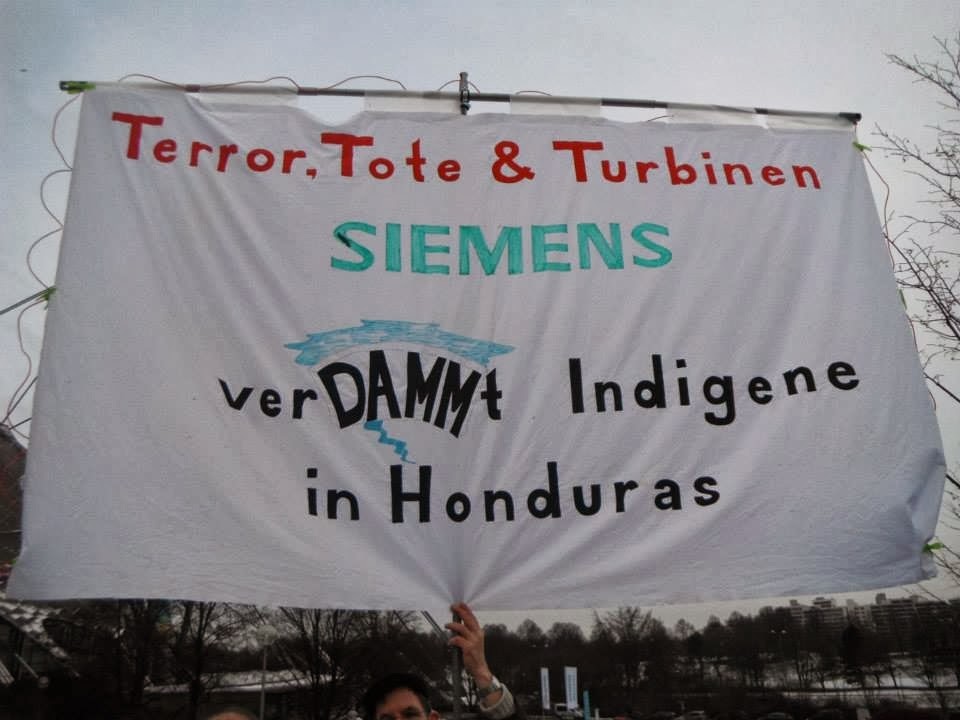
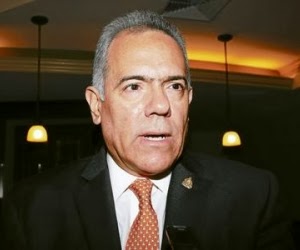
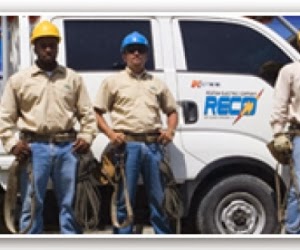


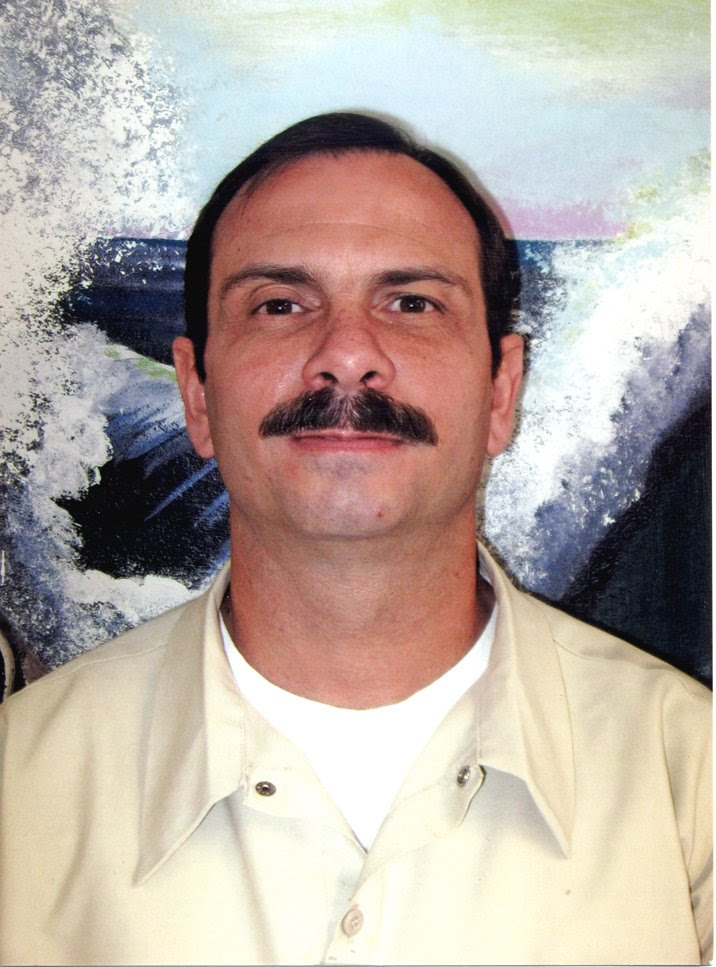 Fernando saldrá de la prisión federal de Safford, en Arizona,
después de cumplir su injusta condena de 15 años, 5 meses y 15 días, resultado
de un amañado procesamiento y juicio por parte del gobierno
estadounidense. Fernando, al igual que sus otro cuatro hermanos:
Gerardo, Ramón, Antonio y René, los Cinco Cubanos, sacrificaron sus vidas para
defender al pueblo cubano de una infame campaña terrorista llevada a cabo por
terroristas de la extrema derecha cubanoamericana radicados principalmente en
Miami, con el conocimiento y la protección de Washington.
Fernando saldrá de la prisión federal de Safford, en Arizona,
después de cumplir su injusta condena de 15 años, 5 meses y 15 días, resultado
de un amañado procesamiento y juicio por parte del gobierno
estadounidense. Fernando, al igual que sus otro cuatro hermanos:
Gerardo, Ramón, Antonio y René, los Cinco Cubanos, sacrificaron sus vidas para
defender al pueblo cubano de una infame campaña terrorista llevada a cabo por
terroristas de la extrema derecha cubanoamericana radicados principalmente en
Miami, con el conocimiento y la protección de Washington.
